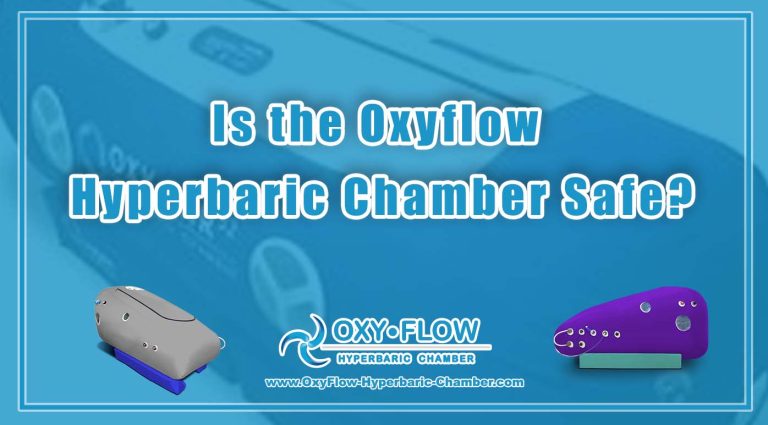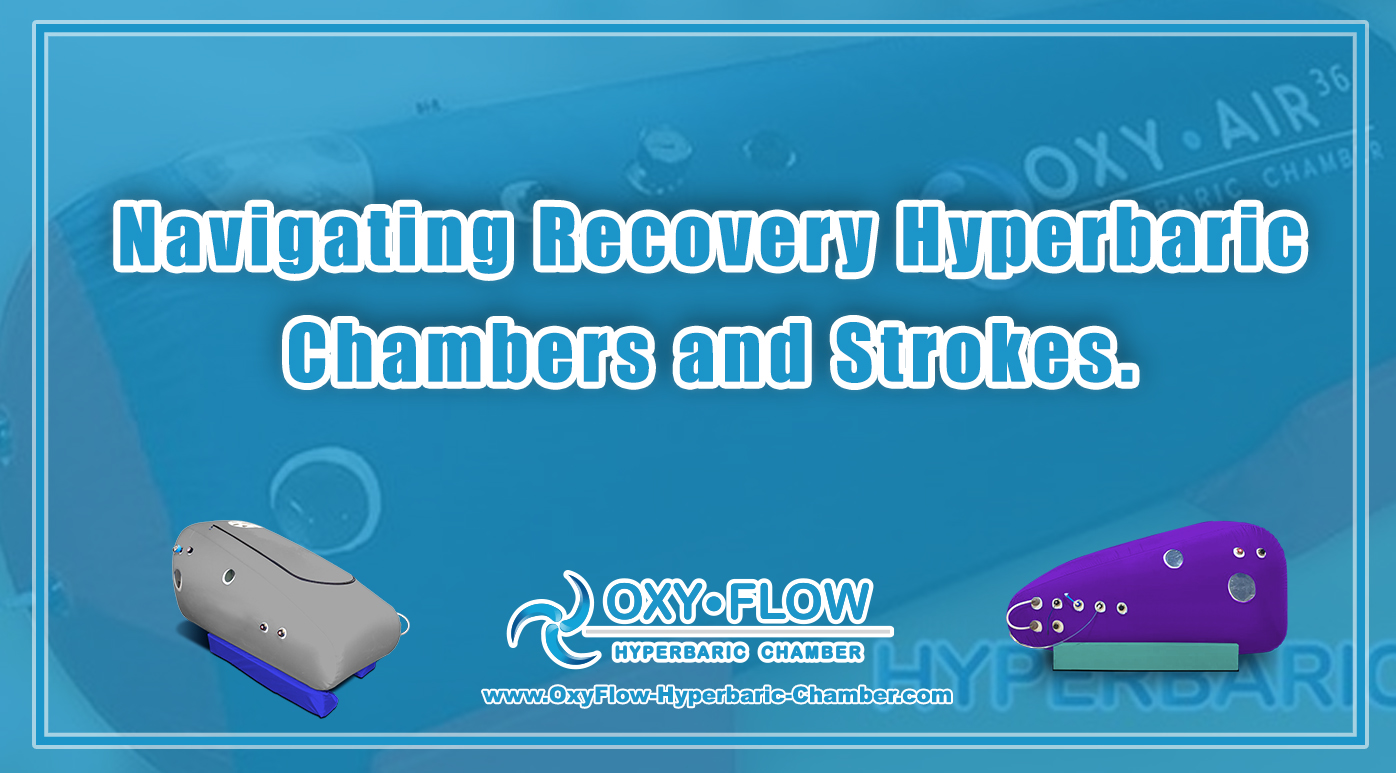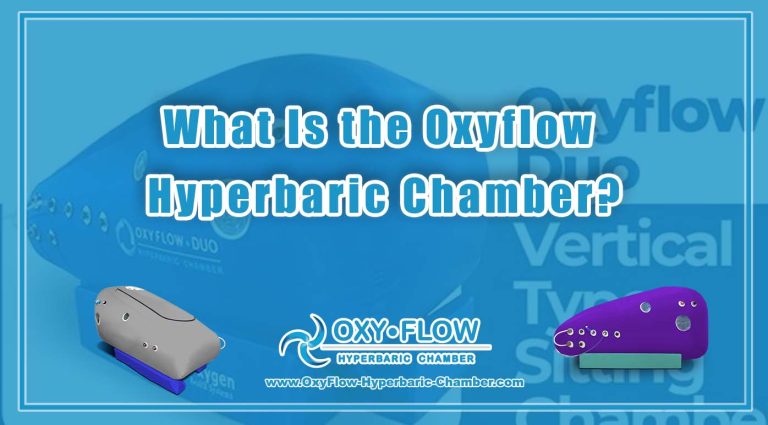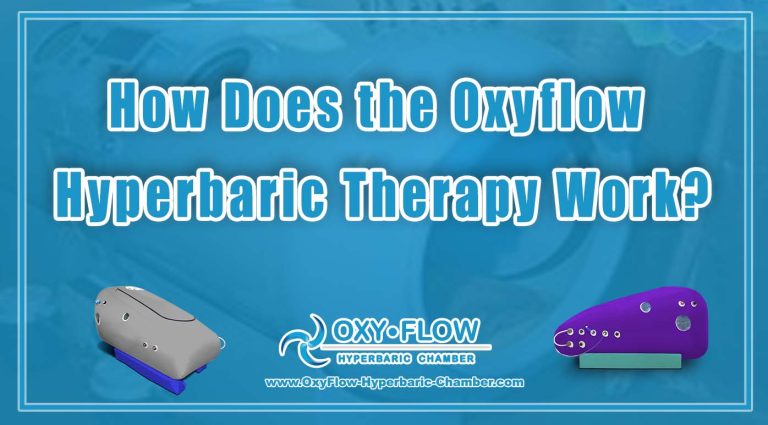

Navigating Recovery | Hyperbaric Chambers and Strokes.
When it comes to stroke recovery, exploring alternative therapies can significantly impact rehabilitation outcomes. One emerging treatment modality that shows promise in aiding stroke recovery is the use of hyperbaric chambers. Hyperbaric oxygen therapy (HBOT) involves breathing pure oxygen in a pressurized environment, which can promote healing and support the body’s natural recovery processes. In this article, we will dive into how hyperbaric chambers can play a role in navigating recovery after a stroke.
Navigating Recovery Understanding Stroke and Recovery.
A stroke occurs when there is an interruption in the blood supply to the brain, leading to the death of brain cells. This can result in various physical and cognitive impairments, depending on the location and severity of the stroke. Stroke survivors often face challenges in regaining lost functions and adapting to a new normal.
The process of stroke recovery is complex and requires a multidisciplinary approach involving medical professionals, therapists, caregivers, and the individual affected. Traditional rehabilitation methods, such as physical therapy, speech therapy, and occupational therapy, play a crucial role in helping individuals regain independence and quality of life post-stroke.
The Role of Hyperbaric Chambers in Stroke Recovery.
Hyperbaric chambers are sealed chambers that allow individuals to breathe in pure oxygen at higher-than-normal atmospheric pressure levels. This increased pressure helps oxygen dissolve more efficiently in the bloodstream, promoting oxygen delivery to tissues and enhancing the body’s natural healing processes.
For stroke survivors, HBOT has the potential to improve several aspects of recovery, including:
- Neuroplasticity: HBOT may stimulate neuroplasticity, the brain’s ability to reorganize and form new neural connections, which is crucial for relearning skills and regaining lost functions after a stroke.
- Inflammation Reduction: By reducing inflammation and oxidative stress, HBOT can help protect brain tissue from further damage and promote healing in the affected areas.
- Angiogenesis: HBOT has been found to promote the growth of new blood vessels, which can enhance blood flow to damaged brain regions and support tissue repair.
- Oxygen Delivery: Increasing oxygen levels in the bloodstream through HBOT can help improve oxygenation in areas of the brain that may have been deprived of oxygen during the stroke, aiding in the recovery process.
Integrating Hyperbaric Chambers into Stroke Rehabilitation.
While hyperbaric chambers show promise in supporting stroke recovery, it is essential to integrate this therapy into a comprehensive rehabilitation program tailored to the individual’s needs. Collaborating with a healthcare team experienced in stroke rehabilitation is key to developing a holistic treatment plan that includes HBOT alongside traditional therapies.
Here are some considerations for integrating hyperbaric chambers into stroke recovery:
- Consultation: Before starting HBOT, consult with a healthcare provider to assess its suitability for the individual’s specific condition and needs.
- Treatment Protocol: Work with a hyperbaric medicine specialist to determine the appropriate treatment protocol, including session duration, frequency, and pressure levels.
- Monitoring Progress: Regularly monitor the individual’s progress during HBOT treatment to evaluate its effectiveness and make any necessary adjustments to the treatment plan.
- Combination Therapies: Consider combining HBOT with other rehabilitation modalities to enhance the overall effectiveness of the stroke recovery program.
Navigating Recovery Conclusion.
In the realm of stroke recovery, exploring innovative therapies such as hyperbaric chambers can provide new avenues for enhancing rehabilitation outcomes. By understanding the potential benefits of HBOT in promoting neuroplasticity, reducing inflammation, and supporting tissue repair, stroke survivors and their healthcare teams can navigate recovery with a comprehensive approach that incorporates both traditional and alternative treatment modalities. Hyperbaric chambers represent a promising tool in the rehabilitation toolkit, offering hope for improved outcomes and enhanced quality of life for individuals on their journey to recovery.




